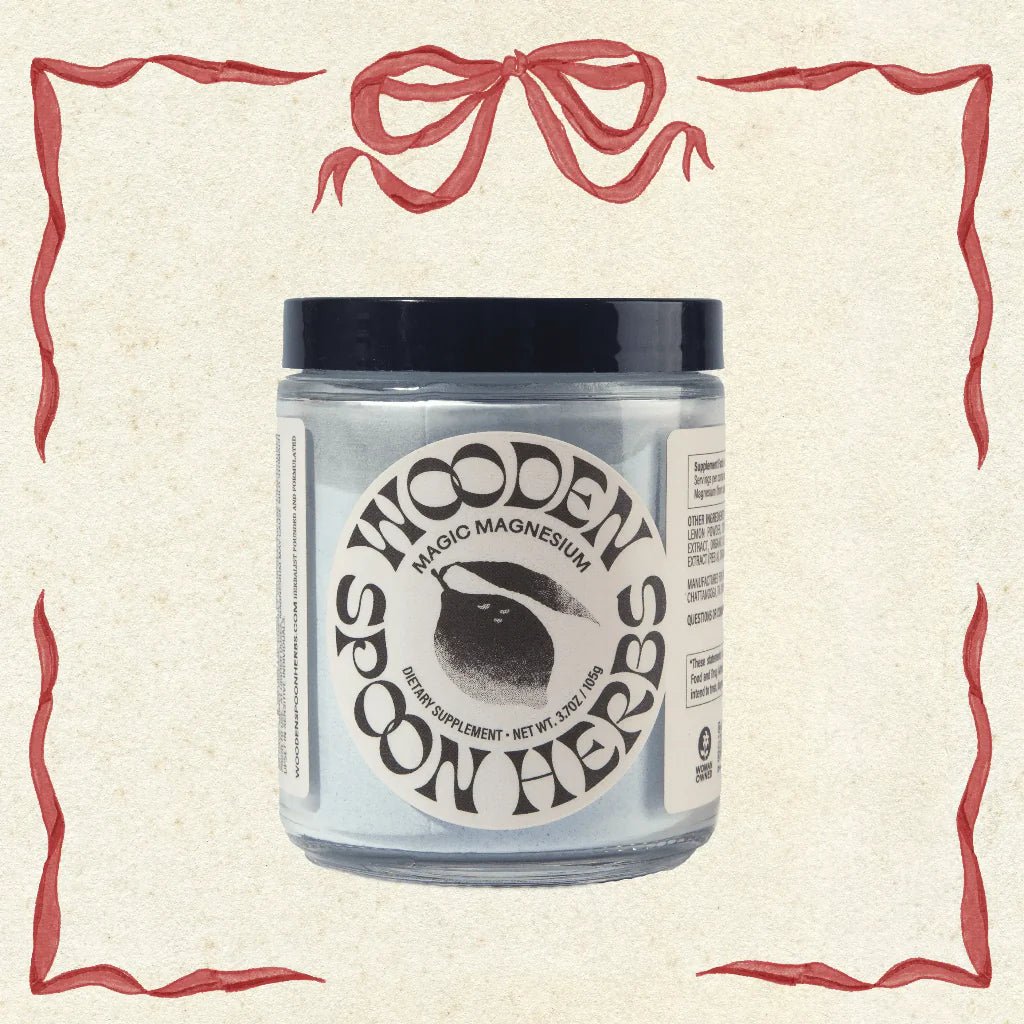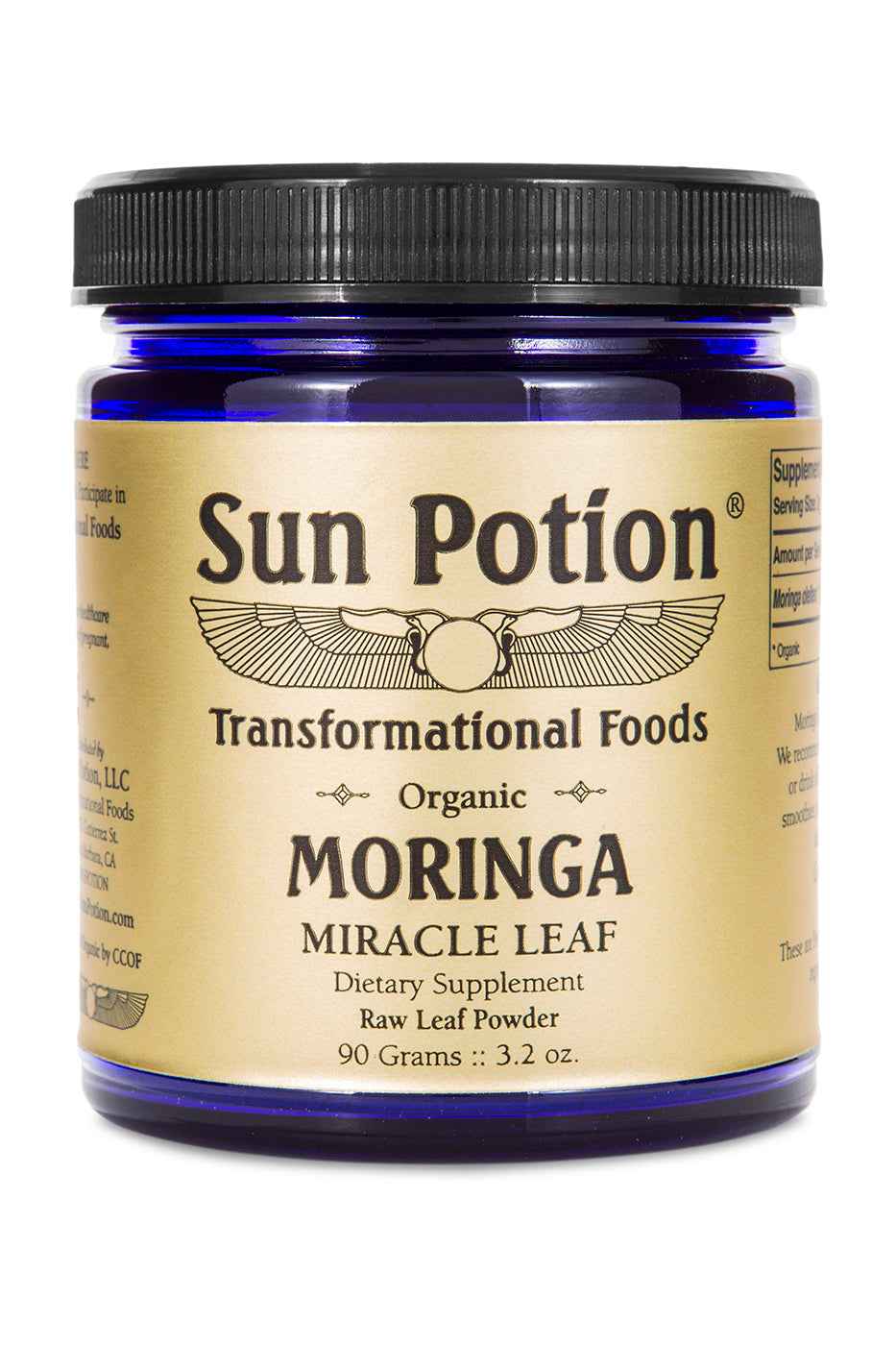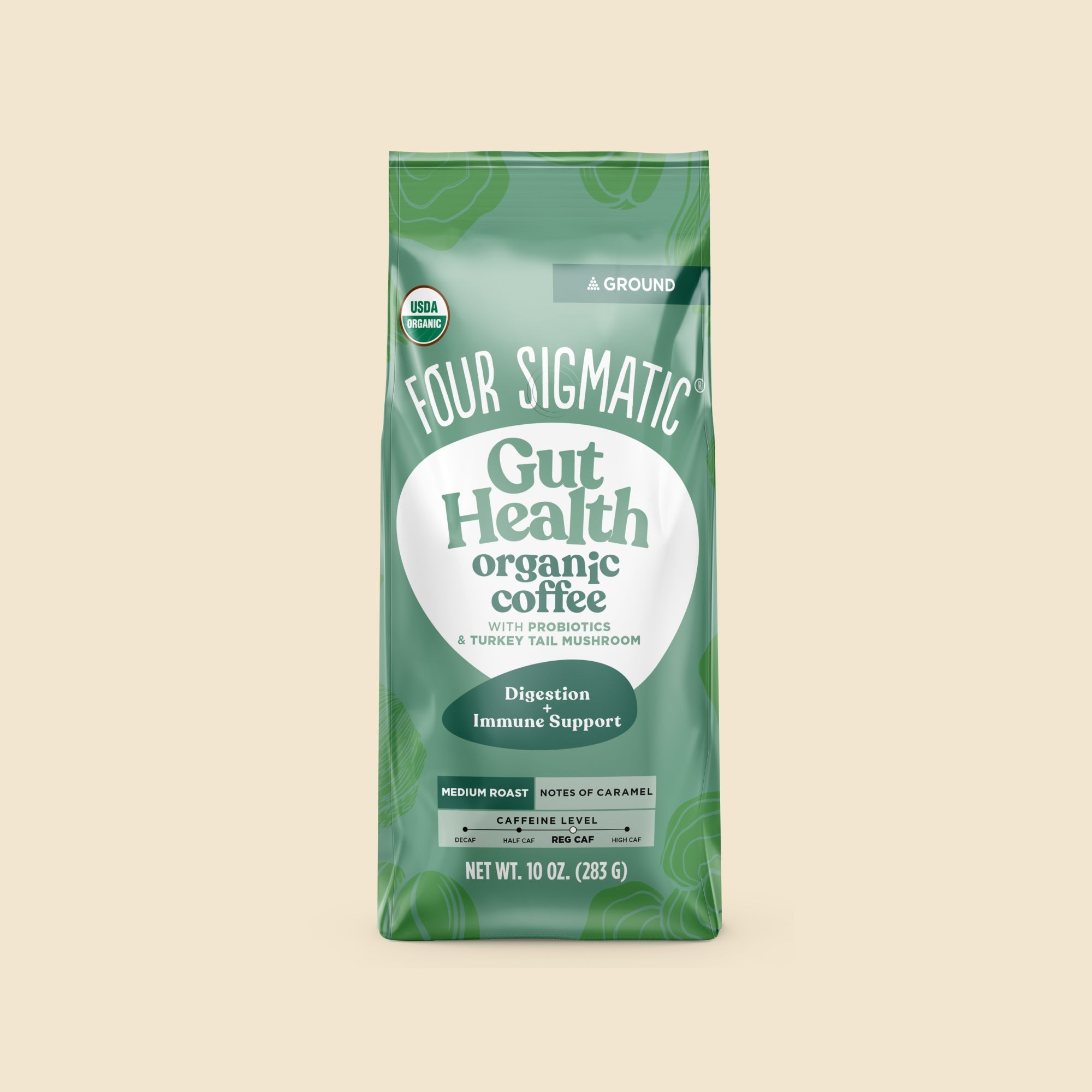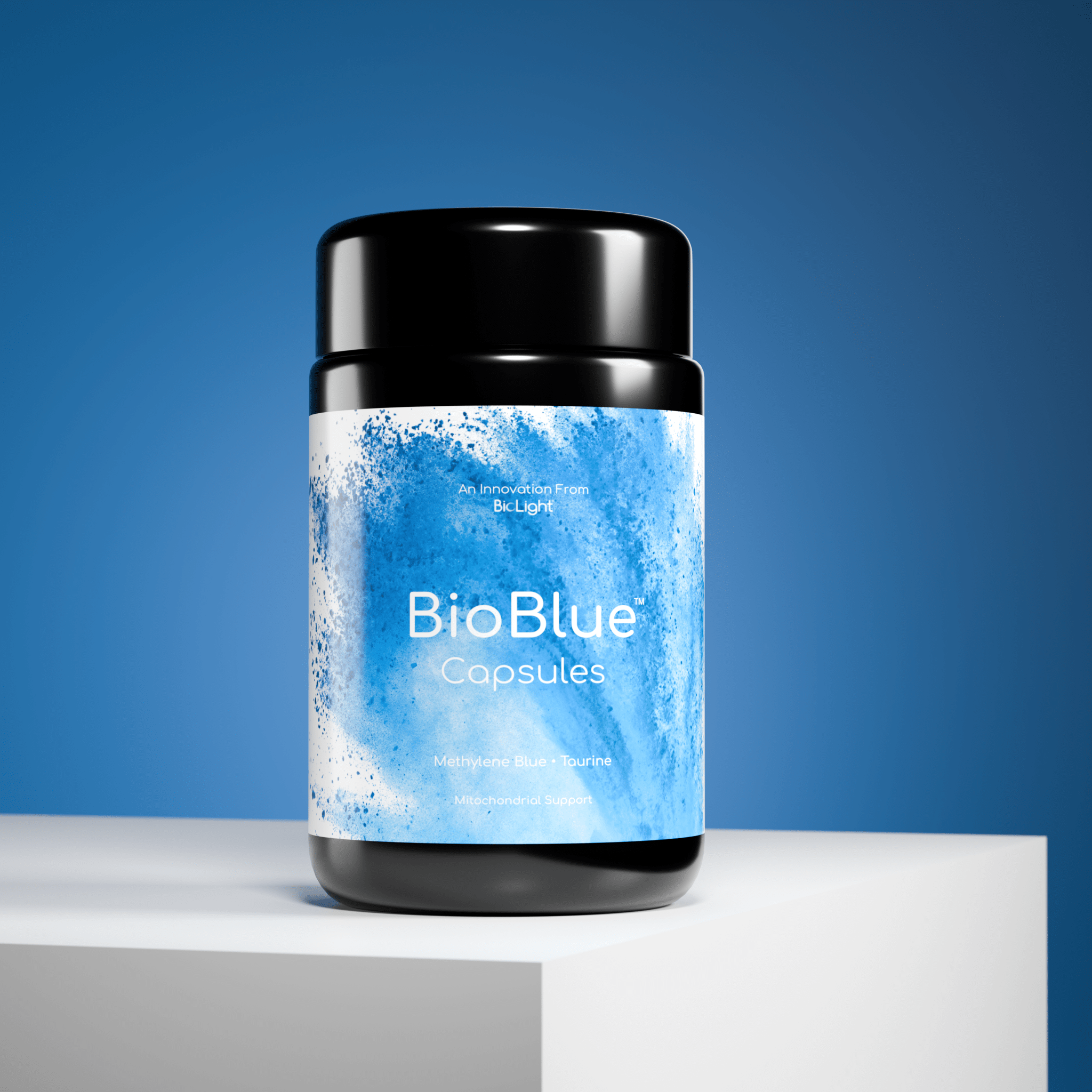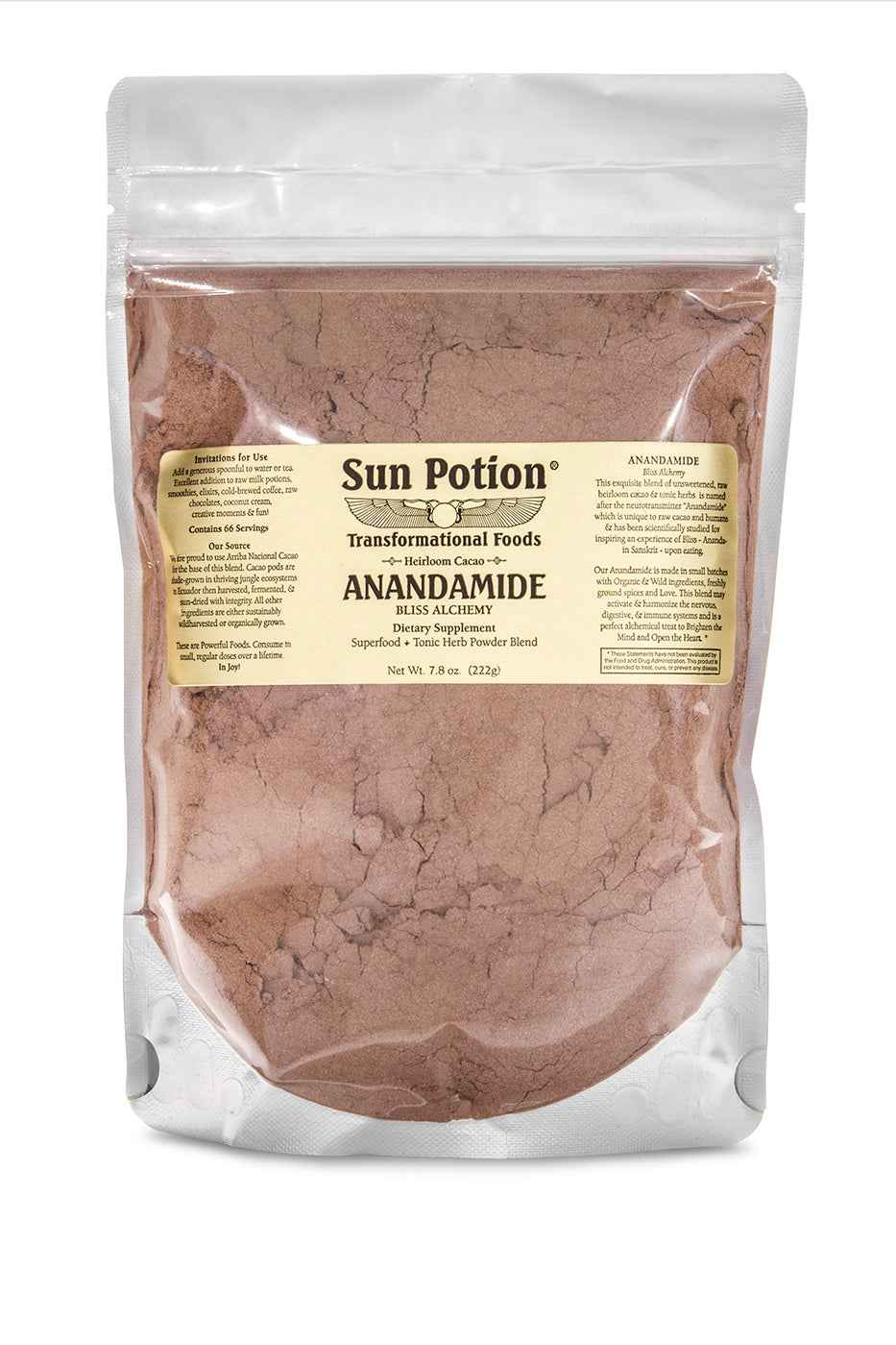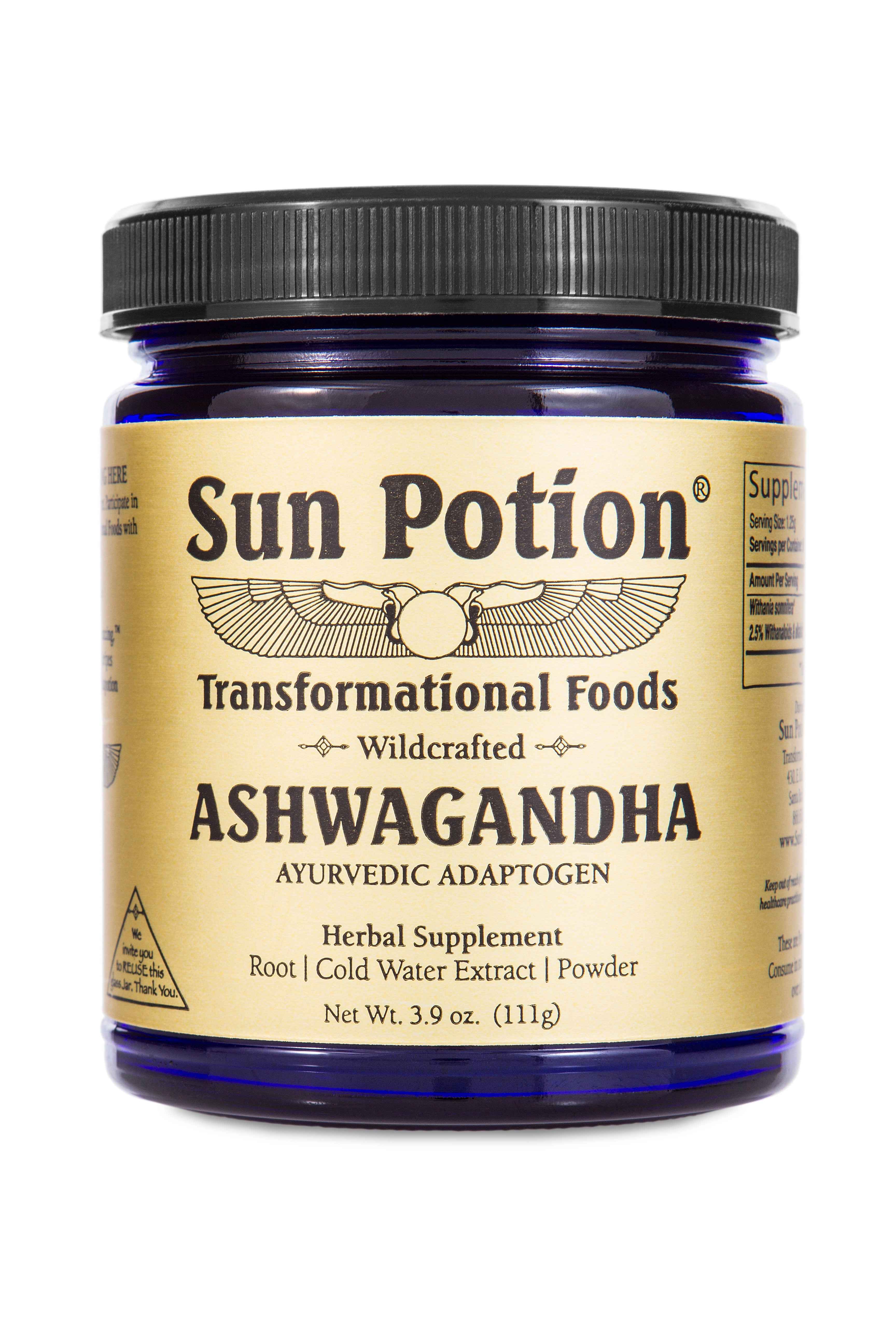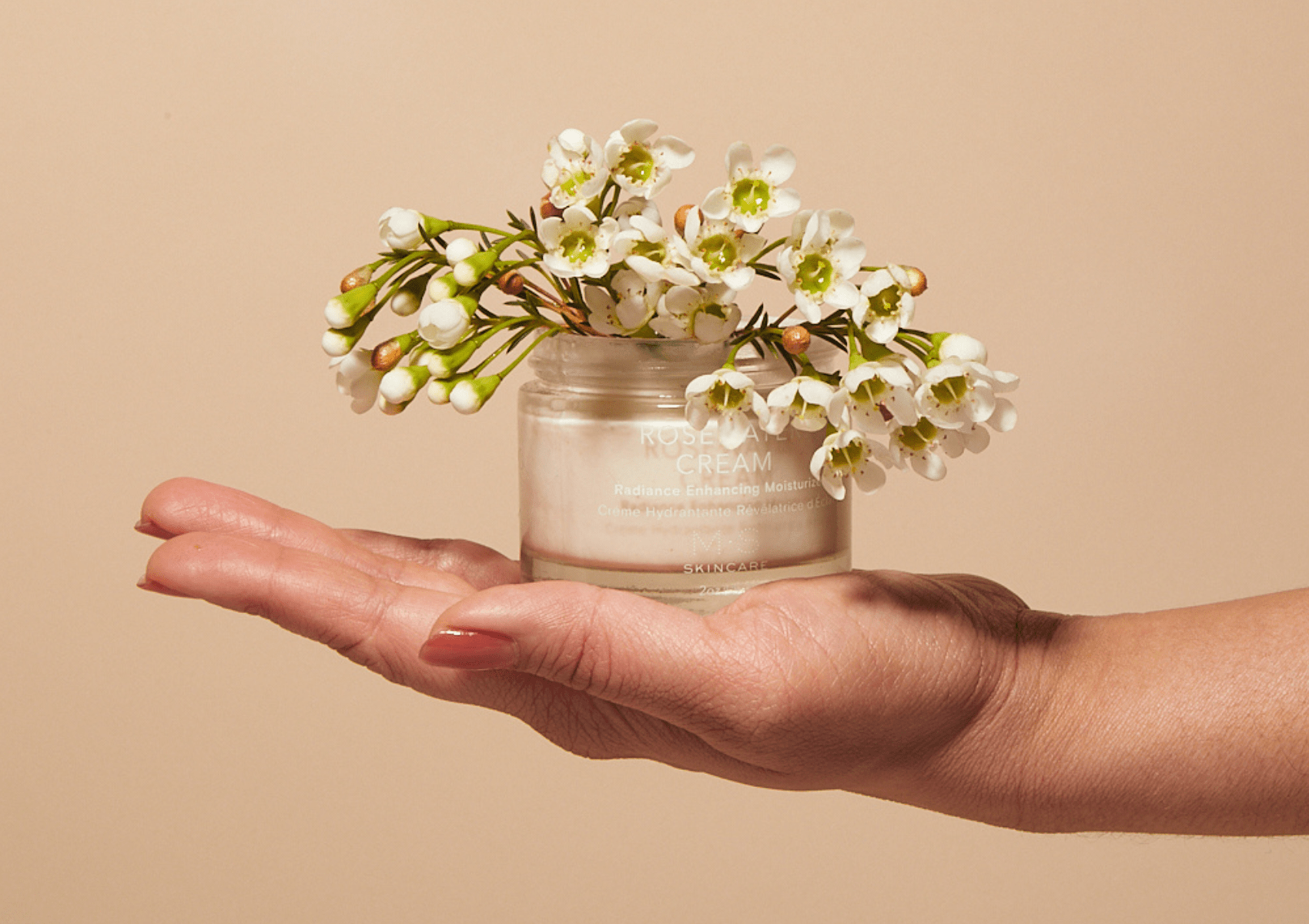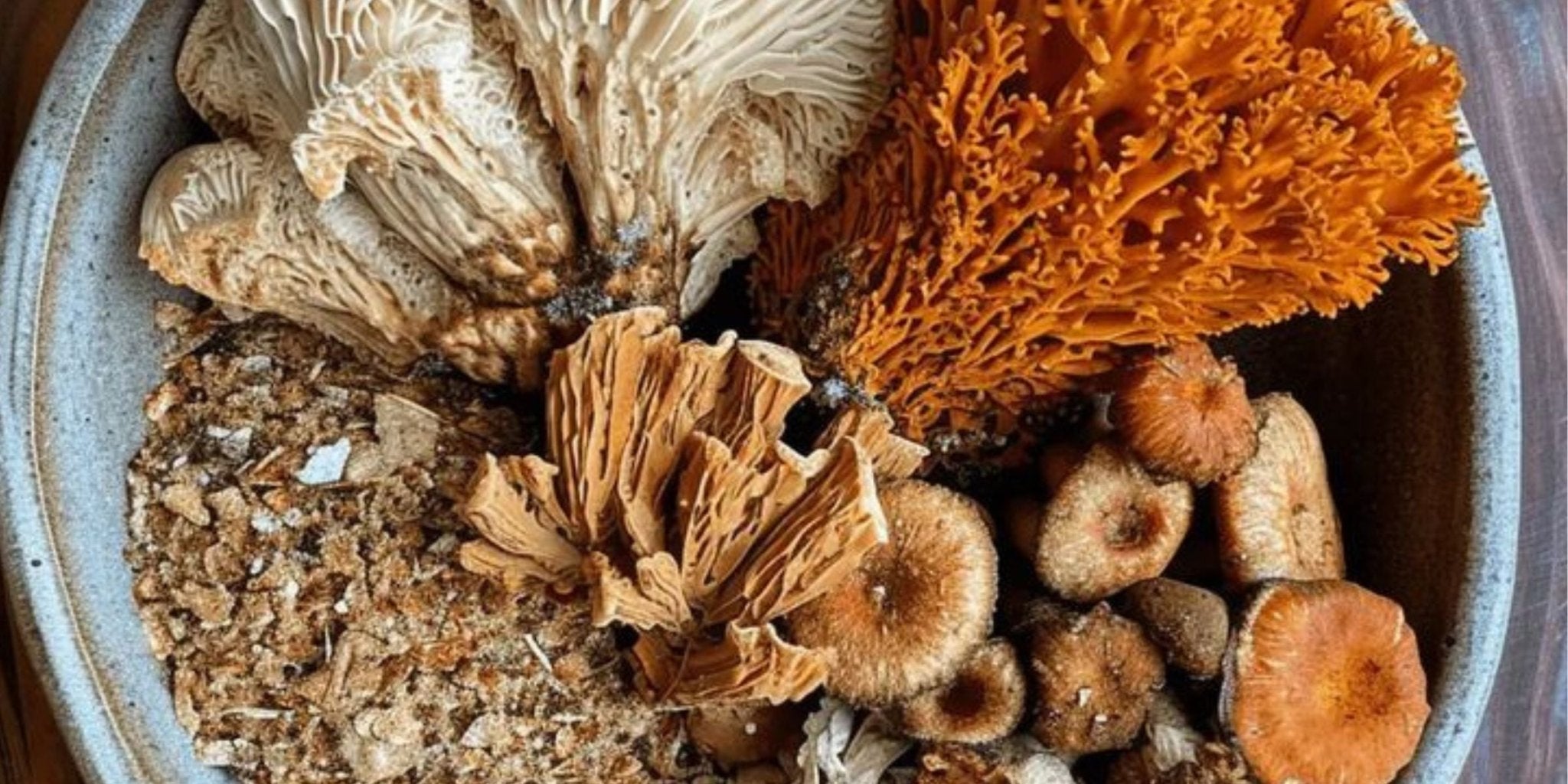
8 Adaptogenic Herbs to Reduce Stress
For the uninitiated, M.S Skincare was previously ‘Mullein and Sparrow’ at its inception in 2012. It was named after Mullein, one of the first herbs the brand founder studied while she was undergoing her certification to become an herbalist. It was these roots in western herbalism combined with her practice of Ayurveda and yoga that both inspired and heavily influenced the formulations of the entire M.S Skincare line where you'll find ingredients like rosemary, sandalwood, gotu kola, turmeric etc.
Given the current climate with the Corona virus, we thought it was the perfect time to share some of the natural remedies, both Ayurvedic and herbal, that are most recognized for reducing stress. Stress causes the adrenal glands to secrete stress hormones like cortisol and adrenaline that are associated with a range of effects on our minds and bodies. Frequent and sustained release of these hormones can result in a weakened immune response, an over-active and anxious mind, and damage to our bodies' systems.
Adaptogens can be invaluable allies for coping with stress. The term adaptogen refers to substances that theoretically “adapt” to what your body needs and help protect against various stressors. Adaptogenic herbs can help to lower cortisol levels and reduce stress in the body. When taken daily as a tea or extract, these herbs can help improve your mental functioning and allow your body to adapt more easily to stressful situations by curtailing an overactive adrenal response. Whether your nervous tension results in tense muscles, occasional melancholy, or disrupted sleep patterns, the below herbs can help find relaxation and calm to enjoy normal and healthful cycles of activity and rest.
1. ASHWAGANDHA
This ancient, Ayurvedic medicinal herb has been used for thousands of years to relieve stress, increase energy levels and improve concentration. Its botanical name is Withania somnifera, and it’s also known by several other names, including Indian ginseng and winter cherry. Many of its health benefits are attributed to its high concentration of withanolides, which have been shown to fight inflammation and tumor growth. Ashwagandha has also been shown to reduce the stress hormone known as cortisol and a few studies even suggest that it may alleviate insomnia and symptoms of depression.
2. HOLY BASIL
This green leafy plant, also known as Ocimum sanctum L. and tulsi, is native to Southeast Asia. It has a history within Indian medicine as a treatment for many conditions, as holy basil is considered a tonic for the body, mind, and spirit. According to the Journal of Ayurveda and Integrative Medicine, holy basil has antidepressant and anti-anxiety properties comparable to antidepressant drugs. One study found that people who took 500 milligrams (mg) of holy basil extract each day felt less anxious, stressed, and depressed. People also felt more social. Ayurvedic practitioners recommend drinking holy basil as tea using the leaves.
3. RHODIOLA
Also known as a golden root or by its scientific name Rhodiola rosea, Rhodiola contains a phytochemical known as salisdroside, which is the main factor in reducing cortisol levels. People have used rhodiola to treat anxiety, fatigue and depression for centuries and studies on this root plant have found significant improvements in symptoms of stress, such as fatigue, exhaustion and anxiety. Due to its adaptogenic properties, rhodiola is thought to help alleviate fatigue from chronic stress or burnout. It is recommended to take rhodiola as tea or supplement.
4. PASSION FLOWER
Passionflower is a variety of exotic vine flower with curly purple or blue tentacle-like petals. One variety of passionflower, Passiflora incarnata, may help treat anxiety, insomnia, and pain. Some researchers believe that passionflower supplements may help treat anxiety and insomnia because it increases levels of gamma-aminobutyric acid (GABA), a chemical the brain makes to help regulate mood. GABA is an inhibitory neurotransmitter, it counters neurotransmitters that cause excitement, and so it may have a calming effect and may reduce cortisol levels. This stunning plant is known for relieving general tension, occasional nervous restlessness, and supporting restful sleep and is recommended to drink as a tea or as a tincture.
5. LEMON BALM
A member of the mint family, Lemon Balm originated in Southern Europe and the Middle East. Lemon balm contains lots of antioxidants and anxiety soothing compounds shown to reduce depression, anxiety, and maintain balanced cortisol. Lemon balm makes a delightful tasting tea that can be drunk simply for pleasure or for its mood elevating effects. Human studies indicate this lemony smelling member of the mint family can enhance cognitive function, improve mood, and can relieve some of the symptoms of mild to moderate Alzheimer’s disease, especially irritability and forgetfulness. It can also be taken for stress headaches, to promote better sleep.
6. SCHISANDRA
In traditional Chinese medicine, Schisandra is considered beneficial to qi, the life force or energy inherent in all living things & Chinese folklore says that Schisandra calms the heart and quiets the spirit. These berries support normal central nervous system functioning without excitation as well supporting concentration, coordination and endurance. Schisandra berries function to enhance the body's natural resistance and adaptation to stressful influences, support mental endurance and promote overall metabolic efficiency.
7. SKULLCAP
Skullcap is part of the mint family native to North America. It’s great at balancing hormones in the body to help reduce stress and anxiety as well as insomnia, anxiety, nerve pain, tense muscles & muscle pain. American Skullcap has a long history of use in Western herbalism, especially in women, and it is one of the most widely used nervines. This herb, which has small blue flowers, promotes a naturally calm and balanced mood and supports uptake of nutrition to the nerves. When taken in the evening, it promotes normal, healthy sleep, and this herb provides antioxidant support as well. It can be consumed as a raw herb, tea, powder blend, or liquid droplets.
8. GOTU KOLA
Gotu kola (Centella asiatica), also known as Brahmi, is similar to holy basil, and the two work well together, but its calming properties are slower to take effect. Gotu kola is a member of the parsley family and is highly regarded in India, perhaps as one of the most spiritual of all herbs. Studies have shown that gotu kola can help relieve symptoms of anxiety, improve memory and boost circulation. Gotu Kola is thought of as one of the more important herbs in Ayurvedic medicine and is touted for feeding the brain and supporting collagen production. It grows in some areas of the Himalayas where it is used by yogis to improve meditation. It is said to develop the crown chakra which is the energy center at the top of the head and to balance the right and left hemispheres of the brain, which the leaf is said to resemble. It is also regarded as one of the most important rejuvenative herbs in Ayurvedic Medicine.


